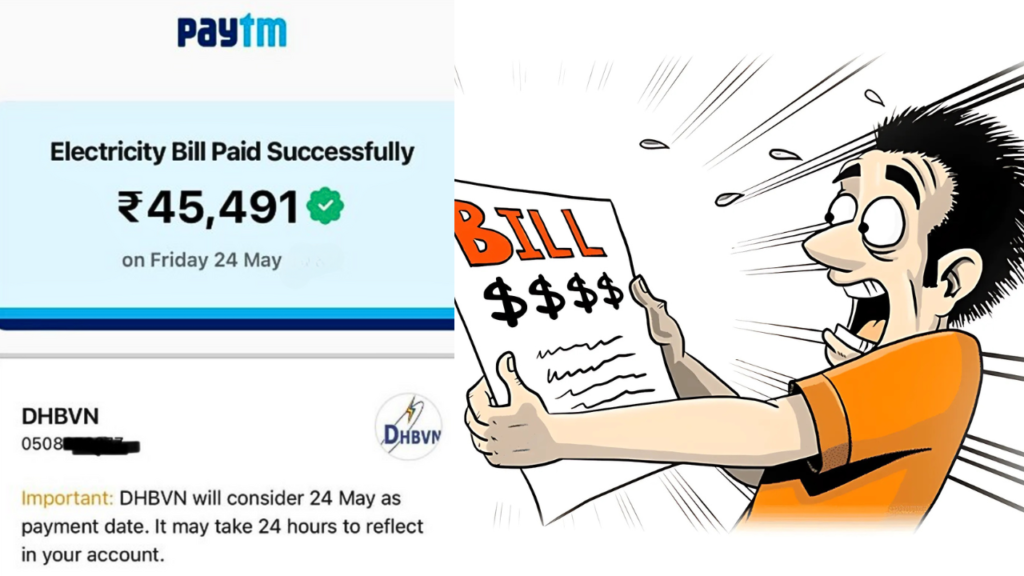Filing income tax returns (ITR) is a crucial responsibility for taxpayers in India. However, many individuals make common mistakes while filing their returns, leading to penalties, tax notices, or loss of tax benefits. Ensuring accuracy in tax filing can save time, prevent legal troubles, and optimize tax savings. Here are some of the most frequent mistakes taxpayers make and how to avoid them.
Selecting the Wrong ITR Form
Mistake:
One of the most common errors is choosing the incorrect ITR form. Different forms cater to different types of income and taxpayer categories.
How to Avoid:
- Understand the correct ITR form applicable to your income type.
- For salaried individuals with income up to ₹50 lakh, use ITR-1.
- For individuals with business income, use ITR-3 or ITR-4.
- Refer to the Income Tax Department’s official website to determine the correct form.
Not Reporting All Sources of Income
Mistake:
Many taxpayers fail to report additional income sources, such as:
- Interest from savings accounts, fixed deposits, and recurring deposits.
- Rental income from house property.
- Capital gains from stocks or mutual funds.
- Freelance or part-time income.
How to Avoid:
- Review your bank statements and investment portfolio.
- Include income details from Form 26AS, AIS, and TIS (Annual Information Statement and Taxpayer Information Summary).
- Disclose rental income even if you do not receive it regularly.
Incorrectly Claiming Deductions and Exemptions
Mistake:
Taxpayers sometimes claim deductions they are not eligible for or fail to claim all applicable deductions.
How to Avoid:
- Cross-check eligible deductions under Section 80C (Investments), 80D (Health Insurance), and 80E (Education Loan).
- Maintain documentary proof (PPF statements, insurance receipts, loan statements, etc.).
- Avoid over-claiming House Rent Allowance (HRA) without valid rent receipts.
Not Verifying the ITR After Submission
Mistake:
Filing an ITR but failing to verify it within the stipulated time results in the return being treated as invalid.
How to Avoid:
- Verify the return within 30 days of filing.
- Use Aadhaar OTP, net banking, or electronic verification code (EVC) for online verification.
- Alternatively, send a signed physical copy to the Centralized Processing Center (CPC), Bangalore.
Entering Incorrect Personal Information
Mistake:
Errors in PAN, Aadhaar, bank details, or email ID can lead to tax refund delays or rejection.
How to Avoid:
- Double-check PAN, Aadhaar, and contact details before submitting.
- Ensure bank details are accurate to receive refunds directly.
- Use a valid email ID and phone number to receive timely notifications.
Ignoring Form 26AS and AIS/TIS Before Filing
Mistake:
Not cross-checking tax deducted at source (TDS) details from Form 26AS, AIS, and TIS may result in discrepancies.
How to Avoid:
- Download Form 26AS and compare it with your TDS certificates (Form 16/16A).
- Check AIS/TIS to validate income reported by financial institutions and employers.
- If there are mismatches, get them corrected before filing.
Not Declaring Foreign Assets or Income
Mistake:
Individuals who have foreign bank accounts, stocks, or income from abroad often fail to disclose these details, leading to penalties.
How to Avoid:
- If you are a resident taxpayer, report all foreign assets and income.
- Use Schedule FA in the ITR form to declare foreign holdings.
- Consult a tax expert for Foreign Tax Credit (FTC) claims.
Delay in Filing Returns
Mistake:
Filing the ITR after the due date results in penalties, loss of interest on refunds, and the inability to carry forward losses.
How to Avoid:
- File your return before the due date (usually July 31 for individuals).
- Set reminders or use online tax filing platforms for timely submission.
- If delayed, file a belated return before December 31, though a penalty may apply.
Not Paying Self-Assessment or Advance Tax
Mistake:
If your total tax liability exceeds ₹10,000 after TDS, you must pay advance tax in installments. Failing to do so results in interest under Sections 234B and 234C.
How to Avoid:
- Estimate total tax liability and pay advance tax if applicable.
- Make timely quarterly advance tax payments (June 15, September 15, December 15, and March 15).
- Use the income tax portal to check outstanding dues before final submission.
Filing ITR Without Considering the Correct Tax Regime
Mistake:
Since the introduction of the new tax regime in FY 2020-21, taxpayers must choose between the old (with deductions) and new (lower rates, no deductions) tax regimes.
How to Avoid:
- Use an income tax calculator to compare both regimes before filing.
- Opt for the old regime if you have high deductions under 80C, 80D, 24(b), etc.
- Opt for the new regime if you prefer lower tax rates without deductions.
Final Thoughts
Avoiding common income tax filing mistakes ensures smooth processing of your return, prevents penalties, and maximizes tax benefits. Taxpayers should verify their income, deductions, tax payments, and personal details before submission. Using an online tax filing platform or consulting a tax professional can help ensure accuracy. Filing on time and cross-checking details with Form 26AS and AIS can significantly reduce the chances of errors and tax notices. Stay informed, plan wisely, and file your returns correctly to enjoy a hassle-free tax experience.




















